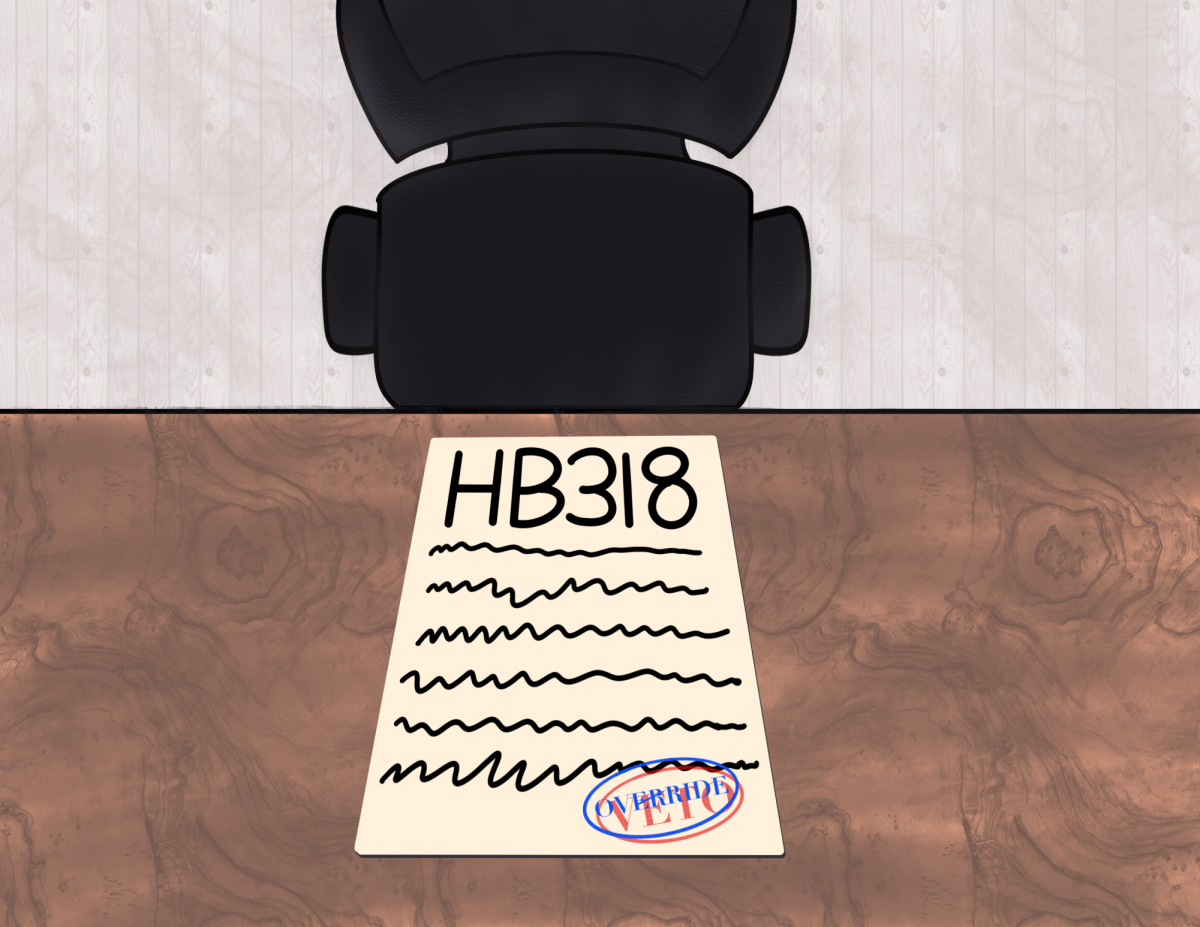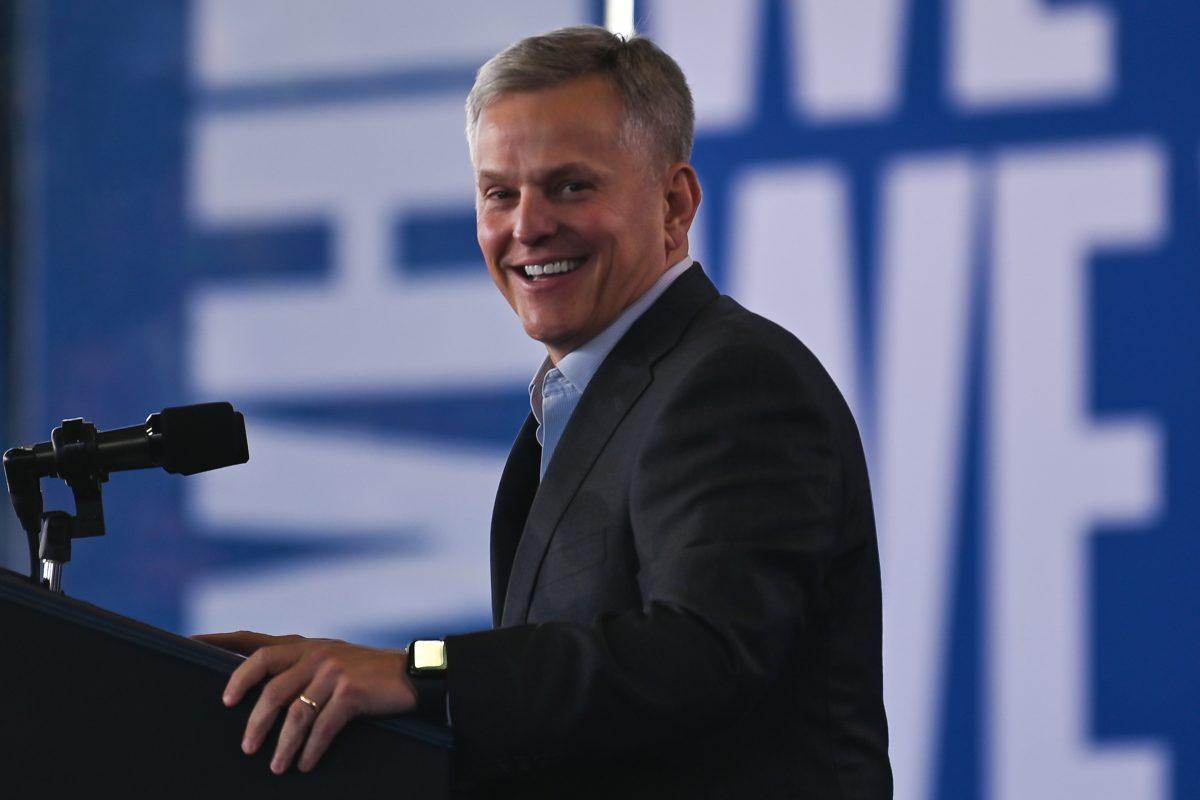Teru Kuwayama is known for his ability to convey stories through his photography. That’s exactly why he booked tickets to Afghanistan to document the ongoing conflict dozens of times.
The University Scholars Program invited Kuwayama to speak Monday and Tuesday. According to Ken Johnson, assistant director of the scholars’ program, the theme for this semester’s Scholars’ forum is America at War; an apt theme, with the year 2011 coinciding with the 150 anniversary of the United States’ civil war, the 70 anniversary of the United States’ involvement in the Second World War, and the 10 anniversary of the beginning of the War on Terror.
Teru Kuwayama has won the 2009-2010 Knight Fellowship Award, The Dorothea Lange-Paul Taylor award, The Alexia Award for World Peace, and many other prestigious awards for his photography and projects.
Since 2001, the New York-based photographer has been chronicling the conflict and humanitarian crisis in countries such as Afghanistan, Kashmir and Pakistan. He has made 18 trips to Afghanistan alone, collecting snapshots of the lives that are affected by the conflict.
Kuwayama’s endeavours don’t end with his own photographs. In 2004, Kuwayama and his brother founded Lightstalkers.org, a networking site for journalists like Kuwayama who, as he puts it, “do inadvisable things in sketchy places.”
According to the website, Lightstalkers is a place for photographers, filmmakers and journalists who work in developing countries and areas of conflict to share potentially life-saving tips and information about goings-on in dangerous areas of the world.
Kuwayama also founded a project known as Basetrack , in which several photographers including himself chronicled the deployment of the 1/8 United States Marine Battalion in Afghanistan from 2010 to 2011. Although the project was halted prematurely, feedback from families of the Battalion was positive, according to the Basetrack website.
Instead of using a traditional camera for this particular project, Kuwayama opted to use a simple iPhone.
“The most important thing is why people do what they do,” Johnson said. The scholars forum hopes to learn more about his personal anecdotes, reaction from the war and in-depth explanations of his work.
Kuwayama will appear at the Witherspoon Student Center on Monday and Tuesday from 2:30 p.m . to 4:15 p.m . Every student and faculty member is welcome to come and participate to his presentation.




